Category: European Studies
The birds are singing...
03 April 2024 by Eric Calaluca

“It is spring again. The earth is like a child that knows poems by heart.” — Rainer Maria Rilke. Spring is when birds take center stage. With this in mind, here's the latest on bird: Base Inventory of Research Databases from Paratext. EBOOK collections now also in bird The inclusion of eBook collections within bird has been a much-debated issue for our editorial group since the project began in 2021.(read more)
Sources as Windows to Narrative: Political Cartoons – Easy to Access, Easy to Deceive
18 September 2023 by Grayson Van Beuren
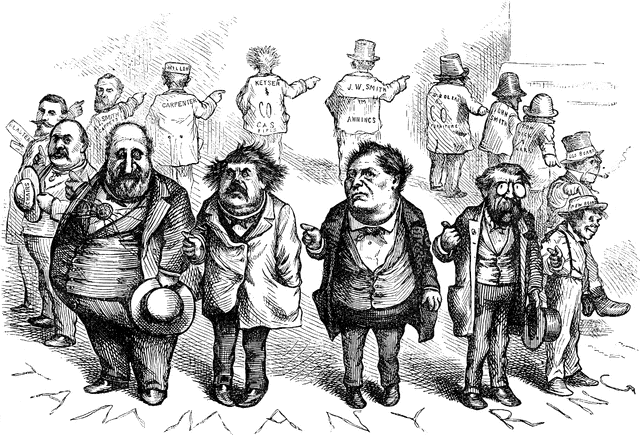
As we head into the last quarter of 2023, we’ve been getting inquiries from researchers about what is “exclusive” to Paratext’s Eight Centuries. As a response, we’re reaching back into our blog archive to republish some posts on sources and methodologies that remain just as relevant today as when they were first posted. This article, originally published in August 2018, looks at a sometimes-overlooked genre of historical source: political cartoons. Though(read more)
Recently added to Eight Centuries: Tate Collection Catalog
15 May 2023 by Paratext Editorial
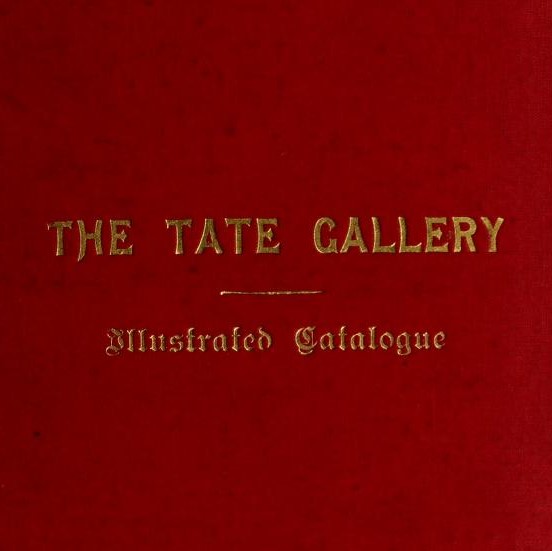
Paratext is pleased to announce a new source available to your patrons. Now ready to search in Eight Centuries: the Tate Collection. Founded in 1897 and originally named the National Gallery of British Art, the Tate has since grown into a four gallery institution spread across the UK, from London to Liverpool and Cornwall. The Tate Collection in Eight Centuries contains records for the nearly 70,000 objects that comprise the holdings of the museum. Links to the Tate catalog in each record(read more)
A Fish Woman, a Cyprian Noble, and a Punk Rocker Couple Walk into a Bar: Narratives of Human Experience in Europeana
15 February 2022 by Grayson Van Beuren
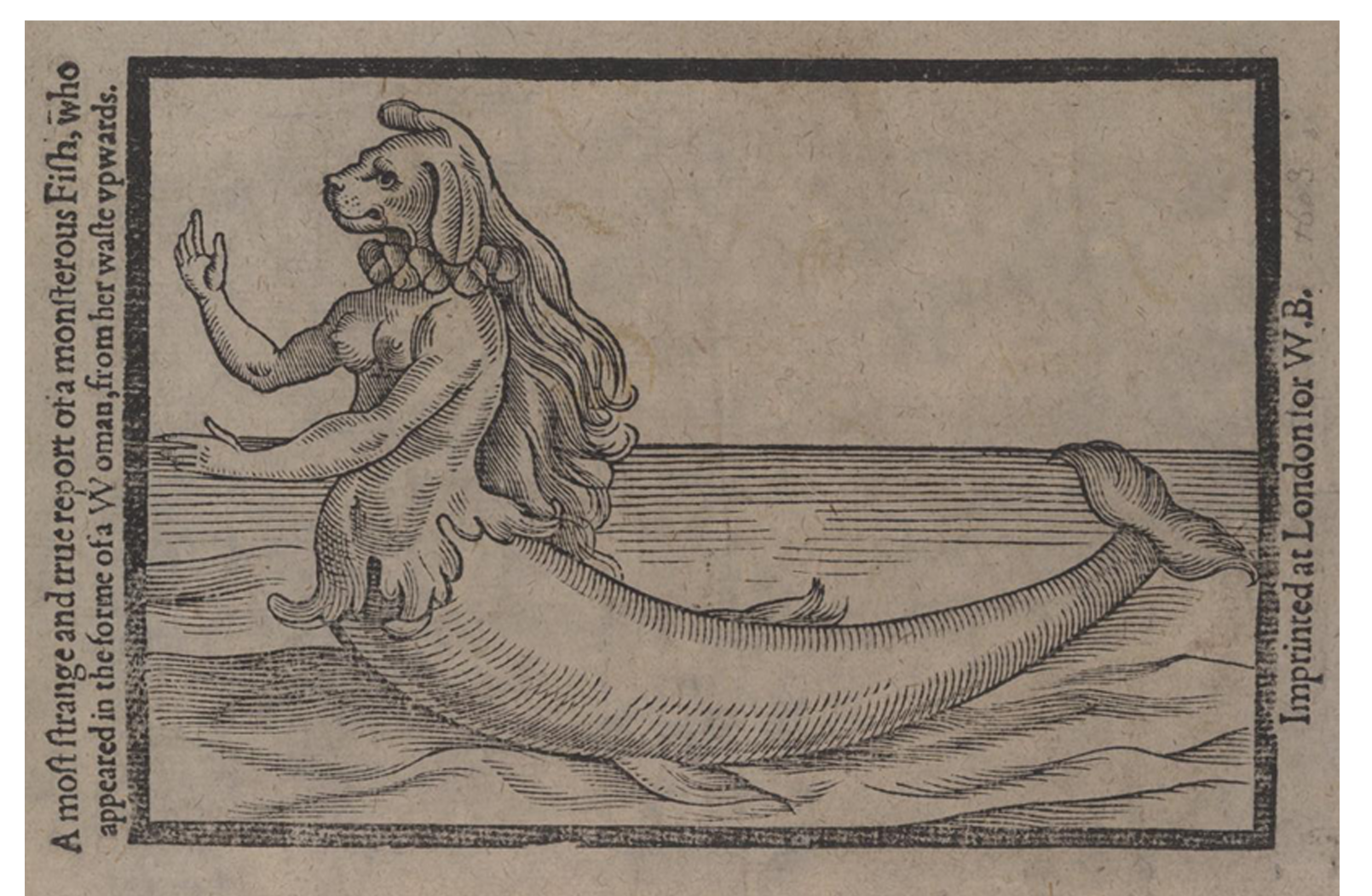
What do two ‘80s punk rockers, a half-fish/half-woman, and a Cyprian big shot have in common? Besides sounding like the beginning of a bad joke, these are all subjects found in source material cataloged in Europeana—a massive repository of cultural heritage bringing together records from thousands of institutions across Europe which is now searchable in Eight Centuries. One of the most remarkable qualities of Europeana in Eight Centuries is its vastness: nearly 53 million records(read more)
British National Bibliography Records Now Searchable in Eight Centuries
16 November 2020 by Paratext Editorial

Paratext is proud to announce that we've added all pre-1961 British National Bibliography content to Eight Centuries. Originally founded by the British Museum and currently supported by the British Library, the British National Bibliography has continuously compiled the publishing output of Great Britain since its creation in 1949. Users can now search 158,000 records to magazines, books, and newspapers — some dating as far back as the 14th century. The BNB content embraces(read more)
Modernist Journal Records Now Searchable in Eight Centuries
28 September 2020 by Paratext Editorial
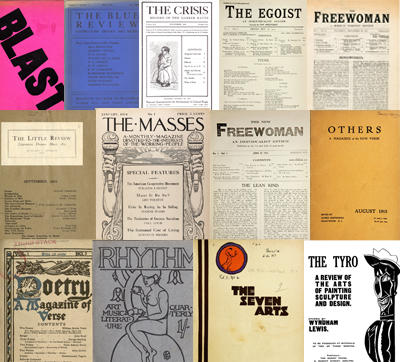
Paratext is pleased to announce that records from the Modernist Journals Project is now accessible via Eight Centuries. The Modernist Journals Project (MJP) is joint cataloging and digitizing venture between Brown University and the University of Tulsa which comprises records of journal output of the modernist literary period from 1890 to 1922. The MJP adds nearly ten thousand new periodical content records to Eight Centuries. Furthermore, in addition to the records themselves, MJP(read more)
A Smell Bad Enough to Leave Town: One of the Worst Odors in the History of Science
10 August 2020 by Grayson Van Beuren
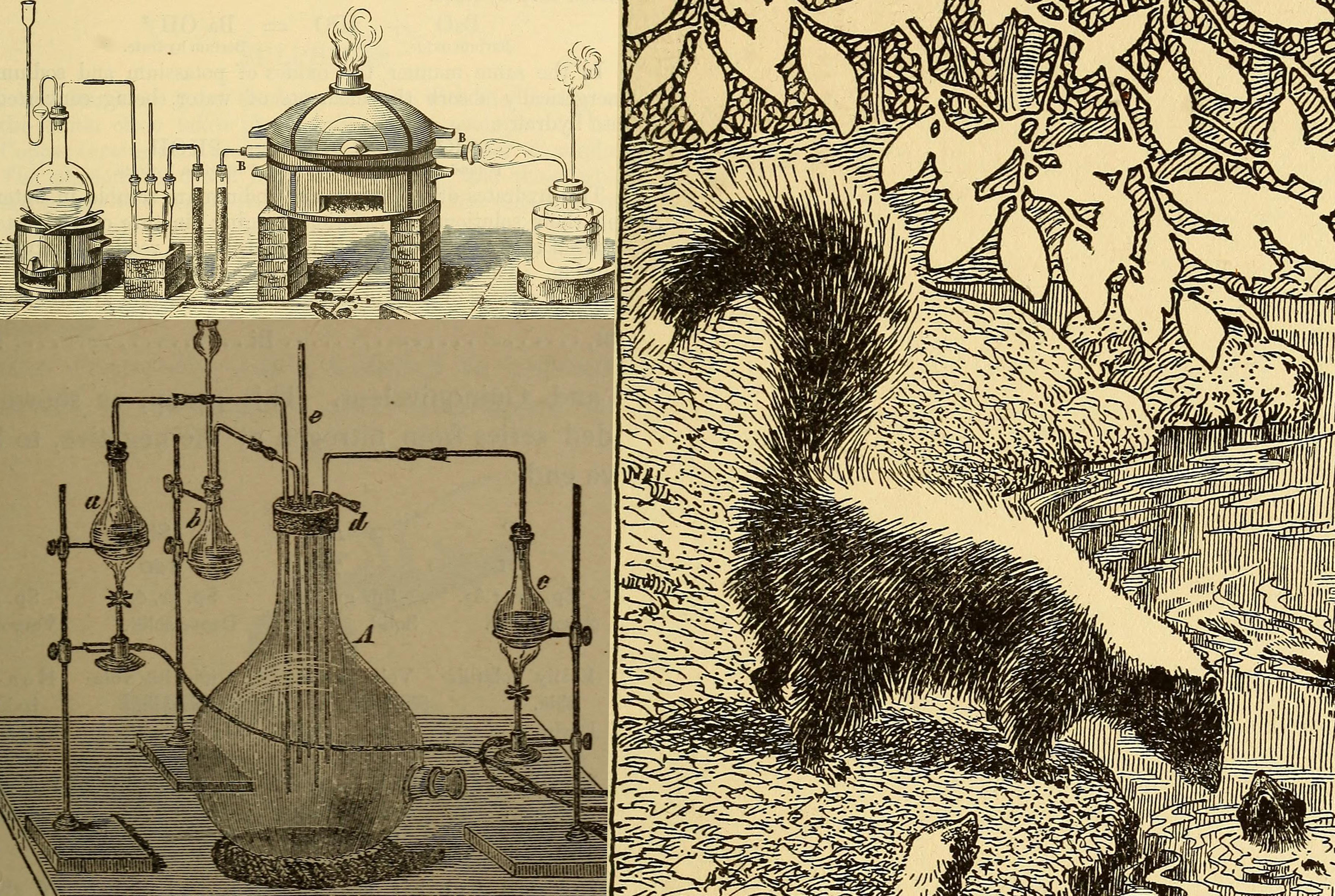
This is post continues our series exploring the oddest, most out-there corners of the history of science to be found in the Catalogue of Scientific Papers and other similar sources in Eight Centuries. Those unfamiliar with this fascinating source from the Royal Society should check out our description of the CSP. I recently read this post about incredibly bad smells in the New York Time’s “Good Question” series (written by the always-great Randall Munroe).1 In the post, he(read more)
“‘Snap-Shots’ of the Scenery”: Aerial Photography at the Turn of the Century
29 April 2020 by Grayson Van Beuren
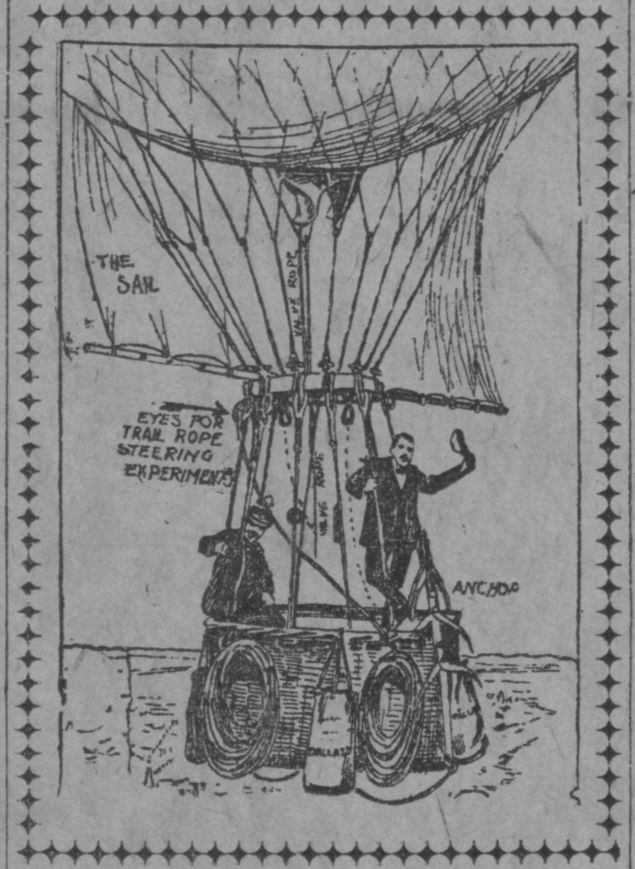
Today we continue our series exploring the most out-of-the-way corners of the history of science to be found in the Catalogue of Scientific Papers. Those unfamiliar with this fascinating source from the Royal Society should check out our description of the CSP. The first aerial photographs date from long before powered flight. Though we capture such pictures relatively easily using satellites and drones nowadays, people began taking photos from dizzying heights back when hydrogen balloons(read more)
“Perfectly Adapted to Its Purpose and Fairly Indestructible”: A Cutting-Edge Tech Review from 1901
24 March 2020 by Grayson Van Beuren
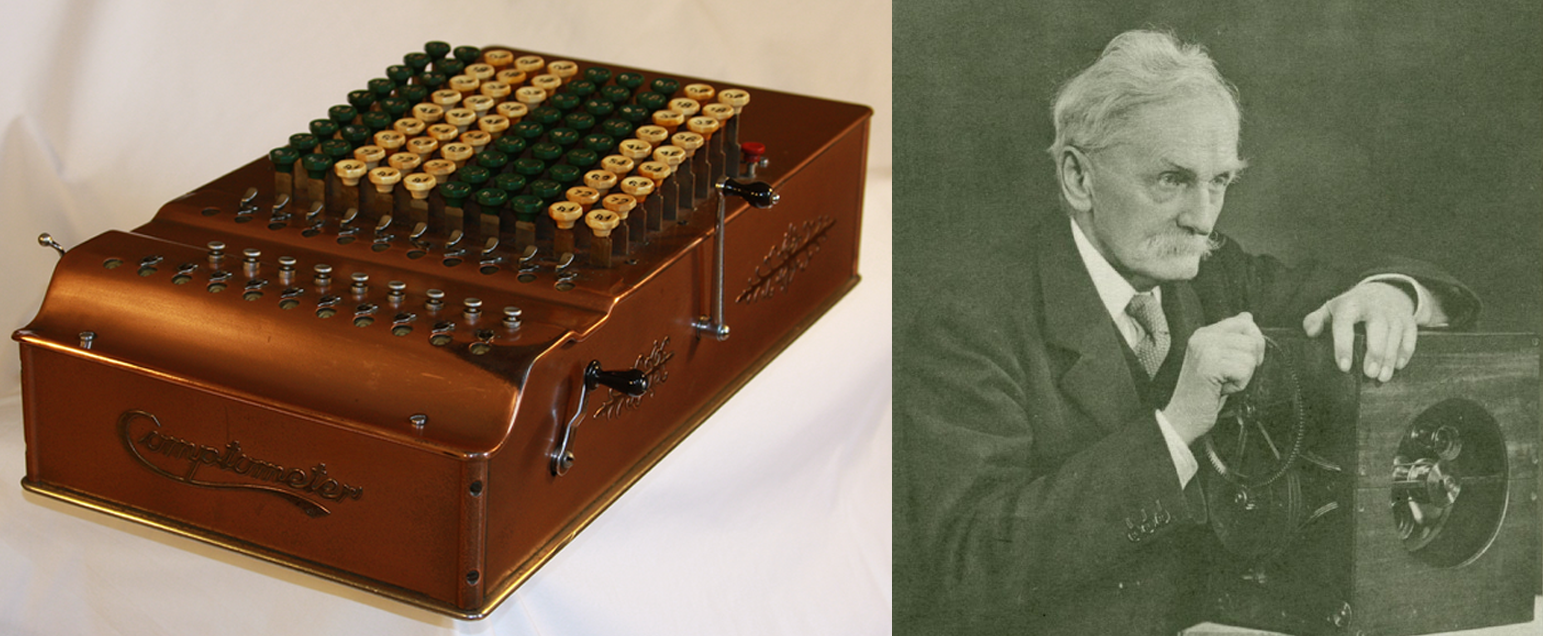
This is the first post in a series exploring the most out-of-the-way corners of the history of science to be found in the Catalogue of Scientific Papers. Those unfamiliar with this fascinating source from the Royal Society should check out our description of the CSP. This post is about a device that was everywhere in retail and business until roughly the 1970s, at which point it quietly dropped out of the public eye. I’m talking about the mechanical calculator called the Comptometer.(read more)
“A Great Blow to All Truth”: The Dreyfus Affair of Turn-of-the-Century France
08 October 2019 by Grayson Van Beuren
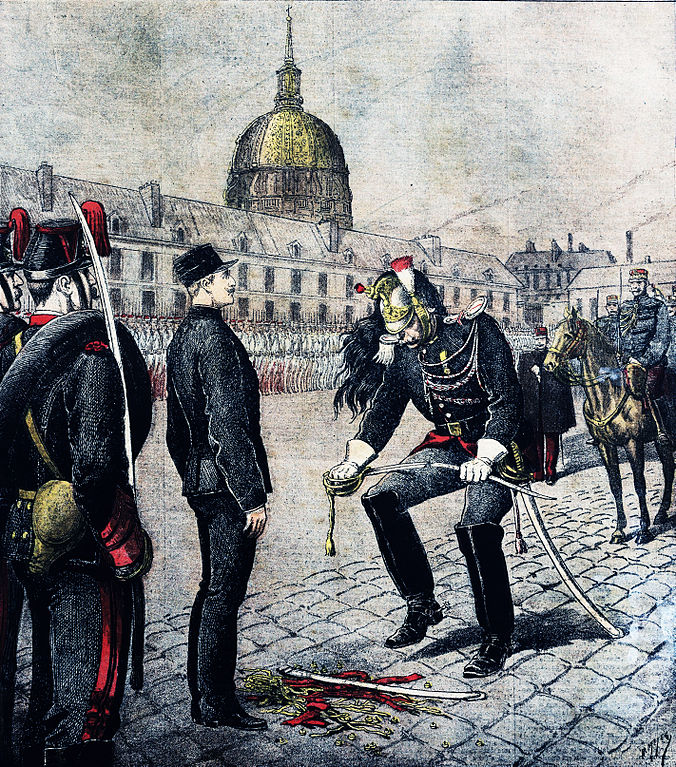
“[…] what a spot of mud on your name—I was going to say on your reign—is this abominable Dreyfus affair! A council of war, under order, has just dared to acquit Esterhazy, a great blow to all truth, all justice. And it is finished, France has this stain on her cheek, History will write that it was under your presidency that such a social crime could be committed.” –Section from “J’Accuse…!,” open letter from Émile Zola to(read more)
“The Pressure of Military Service”: The Great War’s Impact on Scholarly Editing Projects
21 November 2018 by Grayson Van Beuren
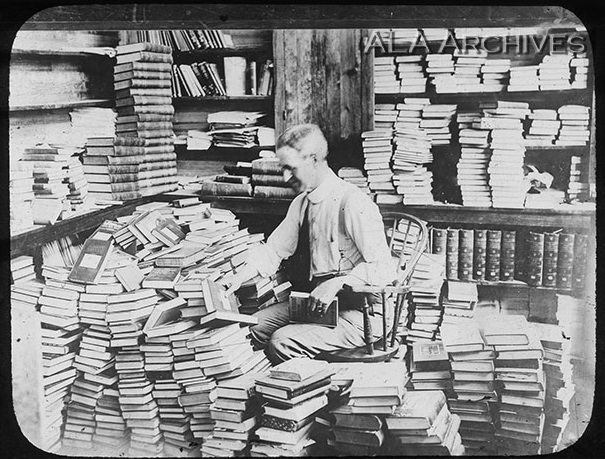
The First World War affected the world in profound and irrevocable ways, not least the field of literature. The impact of the Great War on literature has been well-documented, both in terms of how changes in outlook were reflected in the books, poems, short stories, and articles produced by during and after the war, and in terms of the generation of authors destroyed by mechanized warfare on a large scale.1 Perhaps less-studied is how the war’s effect reached the publishing industry(read more)
Sources as Windows to Narrative: Political Cartoons – Easy to Access, Easy to Deceive
16 August 2018 by Grayson Van Beuren
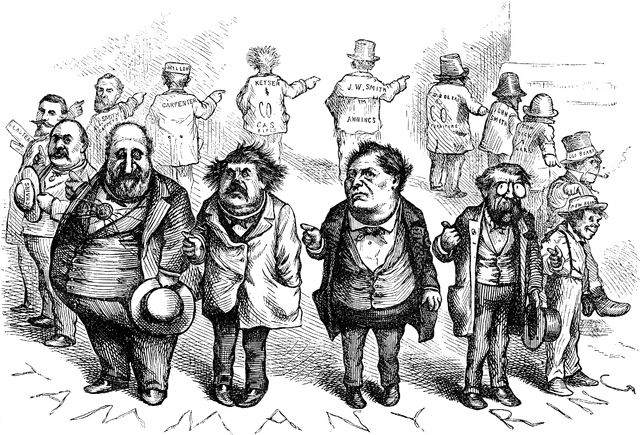
The primary source is the historian’s most prized asset. However, sources taken on their own are not necessarily interesting; it is how the researcher can see in them and through them, placing them in context to piece together historical narrative, that makes them intriguing. When used effectively, sources can truly be windows into history, and—like windows—they can be clear, dirty, foggy, even distorted and deceptive. Political cartoons are an example of a relatively(read more)
Why Another Magazine Index, Mr. Faxon?
28 June 2018 by Grayson Van Beuren
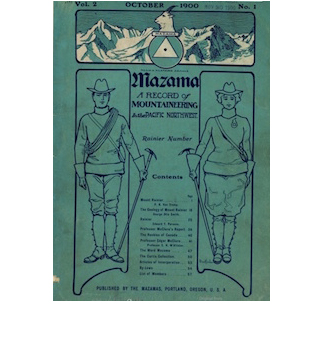
Exploring the Annual Magazine Subject-Index… Our "Exploring" series continues with Frederick Faxon’s Annual Magazine Subject-Index, which ran from 1907 until 1949. When Faxon started his index in 1907, several large and mostly-comprehensive periodical indexes already dominated the library market. So why did he bother starting yet one more? As it turns out, this was a question front and center in Faxon’s mind from the outset—and one to which he had a(read more)
Discovering Medieval Florence and the Donati through Subject Encyclopedias
19 June 2018 by Eric Calaluca
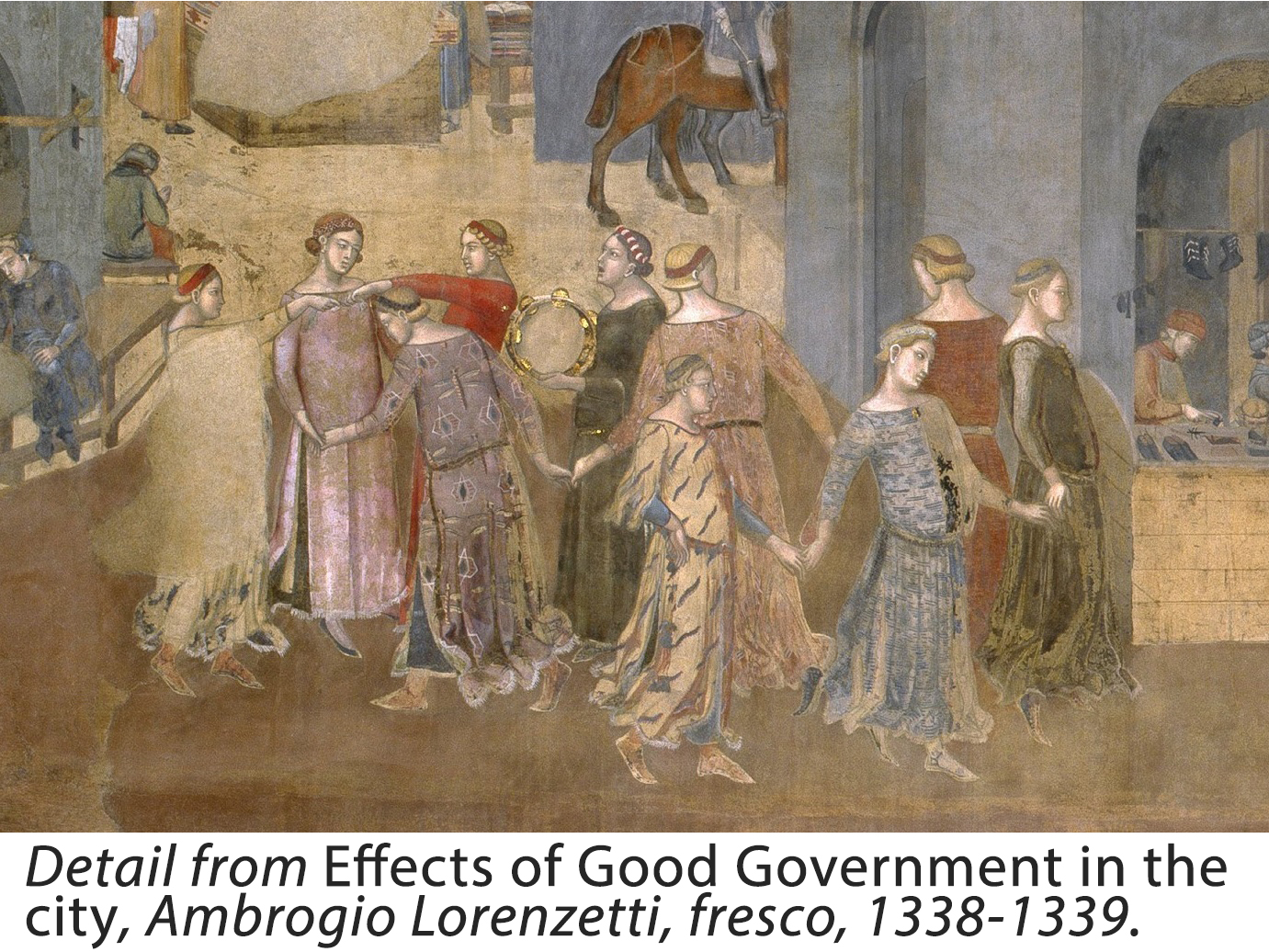
My interest in specialized subject encyclopedias predates Reference Universe. I was assigned a weekly task in my high school library of re-shelving books. It turns out that our school librarian had made a substantial investment in what were—at the time—an emerging genre: specialized subject encyclopedias. The idea of broad general encyclopedias dates to the eighteenth century. However, the publication of specialized subject encyclopedias expanded dramatically in the 1970s(read more)
“A High Indignity…and Notorious Breach of Privilege”
23 May 2018 by Grayson Van Beuren
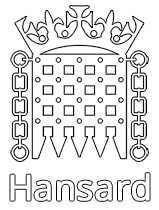
Exploring Hansard’s Parliamentary Debates... At Paratext, historical sources—primary, secondary, and tertiary—are our business. Not all historical sources are immediately intuitive, and many hide fascinating stories. This is the first post in our “Exploring” blog series, which will delve into various useful sources available to researchers and scholars at all levels. We address issues of historical context, illuminate methods of use, and parse out biases(read more)
The Latest Cambridge University Press Content in Reference Universe
30 March 2017 by Paratext Editorial

Cambridge University Press is the oldest publishing house in the world (1534) and continues to produce high quality scholarly publications in all research areas. Paratext added 700 additional Major Reference Works, including the famed Cambridge Histories to the vast introductory metadata of Reference Universe. (read more)
Adam Matthew Content Now Accessible via 19th Century Masterfile: 1106-1930
21 June 2016 by Paratext Editorial
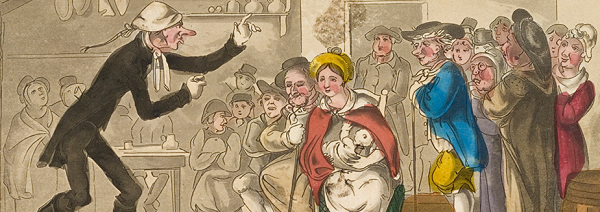
Paratext is pleased to announce that extensive content from Adam Matthew is now accessible via 19th Century Masterfile: 1106-1930. Adam Matthew, an imprint of SAGE, is an award-winning publisher of digital primary source collections for the humanities and social sciences, covering subject areas from medieval family life to 20th-century history and culture. Nearly 100,000 links from 33 collections are being added to 19th Century Masterfile’s Image/Media section, broadening research(read more)
Popular Posts
- "A Profitable, Elevating, and Attractive Profession”: Bettering Farming through the Farmers' Bulletin
- A Smell Bad Enough to Leave Town: One of the Worst Odors in the History of Science
- The Granite Monthly in 19th Century Masterfile
- A Fish Woman, a Cyprian Noble, and a Punk Rocker Couple Walk into a Bar: Narratives of Human Experience in Europeana
- Modifications to Reference Universe for Web and Public Service Administrators
Categories
- News
- Product Updates
- New Collections
- bird
- 8C Product Updates
- USM Product Updates
- RU Product Updates
- Reference Universe
- Eight Centuries
- United States Masterfile
- 17th Century
- 18th Century
- 19th Century
- 20th Century
- 21st Century
- American Studies
- European Studies
- History
- Art History
- History of Mathematics
- History of Science
- Political History
- Literature
- Philosophy

